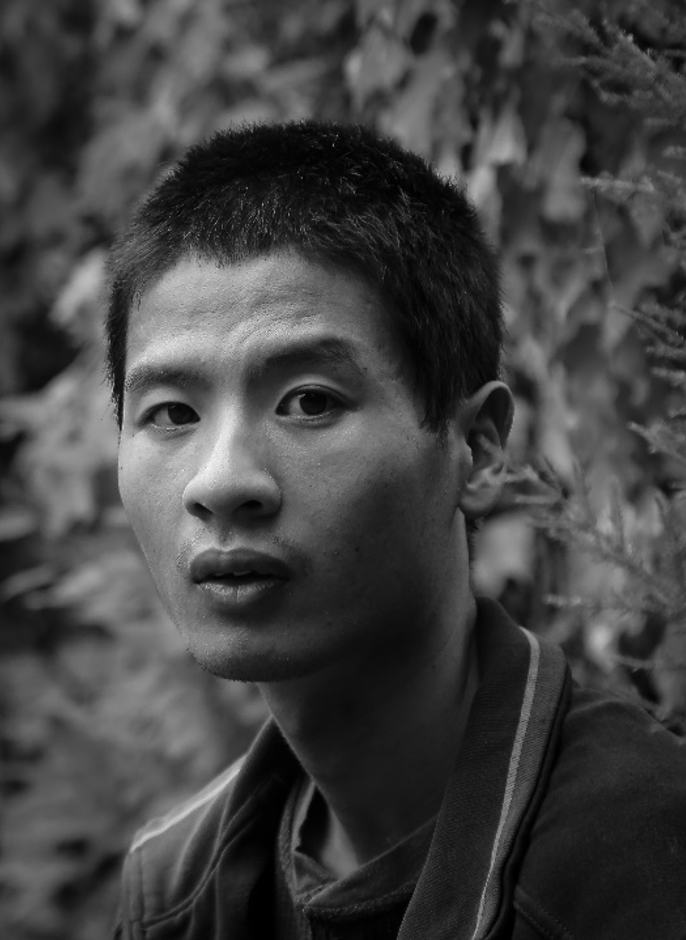YDAS is running a project to identify and work on actions to increase the voices of disabled young Victorians during the COVID-19 pandemic.
Click here to learn more about our COVID-19 Project.
This story is written by Tim, a member of our COVID-19 Working Group, about his experience of COVID-19.
The COVID 19 pandemic has brought many of the barriers associated with ableism to a head for Disabled Young People and Persons with Disability.
Of course, these barriers have always been there and we (DYP/PWD) have explored and found different ways to get through the day.
However, the restrictions imposed by health guidelines, as well as the awareness that a microorganism with the potential to invade and harm us, have changed our world, and made life even more difficult.
Communication and isolation during COVID-19
Because of these fears, lately, I have been confronted with people’s stares and disapproval whenever I do something like not wearing my face mask properly (I have hypersensitivities and suffer extreme discomfort brought about by face coverings), or walking too close to people as I don’t always have voluntary control over my body or my attention is focused elsewhere (with respect to social distancing).
As an autistic non-speaker who relies on typing with the support of a communication partner, I very much depend on my support network to facilitate my “typing to talk”.
Not only is my support network vital to my engagement with the world, they also provide the connection I get from having a voice as well as the social contact and friendship.
Under COVID 19 lockdown conditions, my support workers have not been able to come to me, and I can’t even see my family, like my Dad or my sibs, so I feel intensely vulnerable and isolated.
Online platforms that substitute for face to face meetings have also been problematic. As an autistic, I am first and foremost a visual thinker and only developed an understanding of language around ages five to seven.
I find looking at people’s faces and keeping up with what they are saying very difficult. I get to know the meaning of words through a combination of speech, body language, and what is known as pragmatics, or the tone of voice, gestures, etc.
Unfortunately, these aspects don’t come across too well through Zoom or Teams. Hence, not only are online meetings very tiring in trying to keep up, but I have to work harder to get meaning within the limitations of online platforms.
On the other hand, it would be good to think more positively.
YDAS COVID-19 Working Group
The YDAS COVID 19 Working Group has provided opportunities to increase awareness of how DYP/PWD have been routinely denied inclusion.
We as a group need to explore how DYP can give voice to decisions regards to their own lives in the face of restrictions imposed by the health crisis as well as the barriers associated with the prevalent attitude of ableism.
I hope that the Working Group can push for more recognition of our vulnerability and to increase understanding of the support needs vital to our functioning and wellbeing.
Most importantly, it has been great to get to know one another and to know more about how disability has affected us in different ways, especially in our strengths which the impact of disability has brought out and consolidated.
In working with each other towards inclusion, we need to learn the lessons from this unprecedented situation to identify the necessary changes that enable our access and participation.
Click here to read other stories by disabled young people about their experiences during COVID-19.




